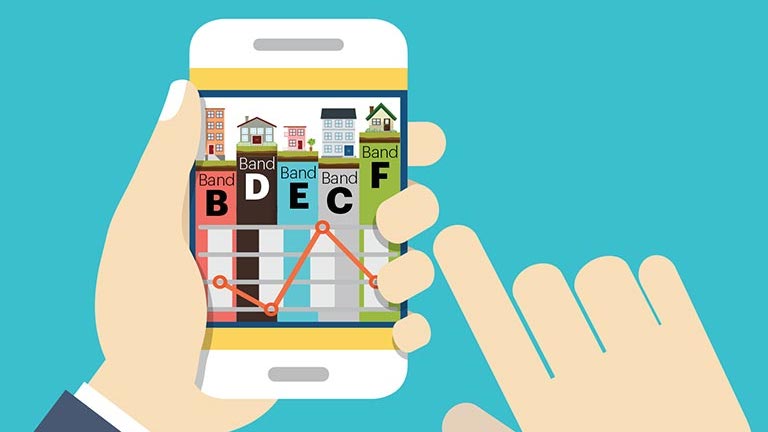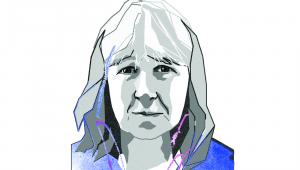
“I don’t get council tax.” It was one of those pub conversations that seemed to move seamlessly from Formula One motor racing to property prices in London. Taking another sip of beer, I started to explain how council tax works and the third person on our table suddenly got very interested in the sport on the television.
“No, I understand all that,” said the first. "It’s the valuations that I don’t get.” In a world where you can instantaneously obtain valuations for almost any property on your phone, he could not understand a system of taxation that still relies on valuations calculated in 1991. His flat didn’t exist and he was still in primary school in the early 1990s. “Why can’t we just use today’s value, rather than an apparently meaningless figure that has been reverse-engineered to arrive at what is probably a tenth of the real value?”
He has a point. We have all seen the advert: “Smart checks properties on the go.” A variety of websites and apps not only give us current values and rents, they also provide access to linked information such as the performance of local schools, proximity to transport links and local area ratings. Keeping valuations up-to-date ought to be easy and much cheaper than in the 1990s.
It is estimated that about £55m to £60m had already been spent on preparatory work when the 2007 revaluation was postponed. There was also a commitment then to further revaluations at least every 10 years.
Writing in 2007, Tony Travers said there was a real risk for local government if the local tax base was allowed to become old and discredited. More recently, the Institute for Fiscal Studies said the government’s failure to carry out a revaluation is “increasingly absurd”.
We can now provide almost continuous real-time revaluations of the council tax base. It would be relatively simple to strike a valuation every 31 December for use in levying council tax for the next financial year. The tax bands could be retained and updated. This would give local government a buoyant tax base, something talked about ever since the Layfield committee in the 1970s.
The primary reasons we have not had revaluations are not costs or technical feasibility; it is because they are very unpopular. There are bound to be losers. The ones whose properties increase the most tend to form a very vocal and influential minority, supported by an enthusiastic media. In his memoirs, Nigel Lawson credited the “outcry” that arose from the 1985 rates revaluation in Scotland with having played a part in encouraging Margaret Thatcher to introduce the now notorious poll tax.
Speaking recently at Chatham House, Baroness Lane-Fox highlighted the lack of digital skills at senior levels in the public and private sectors and the consequent lack of digital leadership. Lane-Fox, who supported Francis Maude in setting up the Government Digital Service and was Gordon Brown’s digital champion, said that while the UK had been a world leader, it has now stalled and is not doing the big transformative projects. This is not about using social media; we need to be bolder.
Council tax is just one example of where the UK requires digital leadership and political courage to really modernise. Even the man in the pub thinks it’s anachronistic.




















